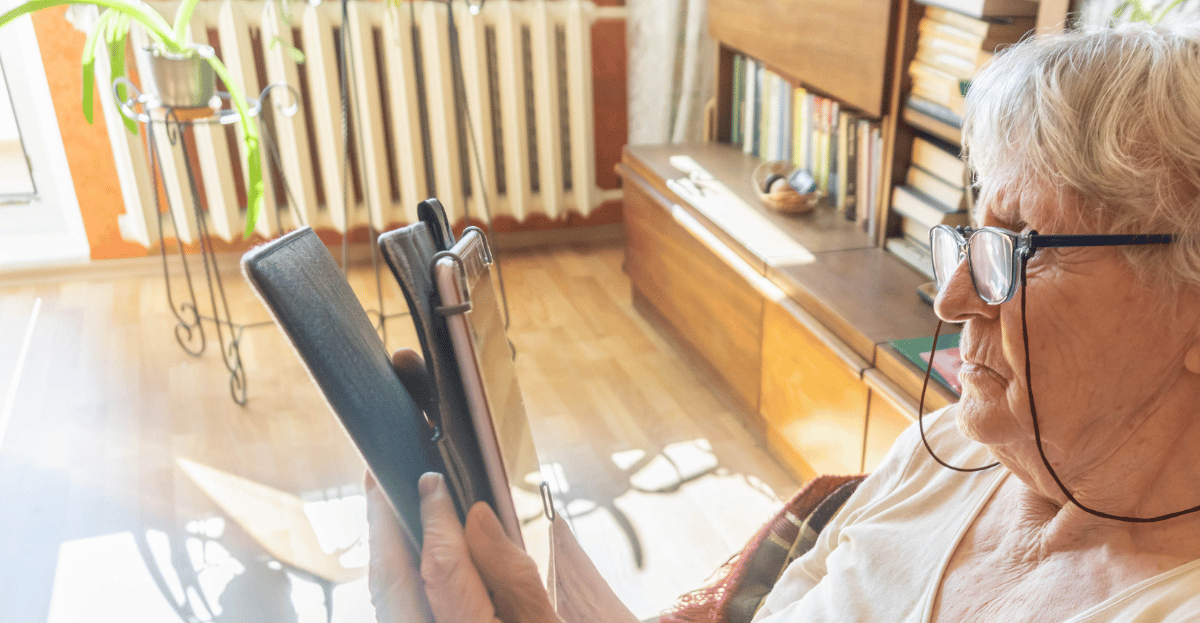Every day in Australia about 65 women receive the devastating news they have breast or a gynaecological cancer. Of the women diagnosed with breast cancer, 75 percent are over the age of 50.
October is breast cancer awareness month.
According to the National Breast Cancer Foundation over 20,000 Australians are diagnosed with breast cancer each year. The average age at diagnosis is 62 years old.
Breast cancer is the second most commonly diagnosed cancer in Australia. But it is not only women impacted.
It is estimated that one in seven females and one in 600 males will be diagnosed by the time they are 85.
In Australia, there are over 900 cases of cervical cancer diagnosed annually however the number of cases of cervical cancer has considerably decreased in Australia since the National Cervical Screening Program commenced in 1991 and a national Human Papilloma Virus (HPV) vaccine program was introduced in 2007.
The majority of cervical cancers (more than 95%) are due to HPV.
Each year the Cancer Council marks this occasion by staging its Pink Ribbon campaign. The campaign aims to raise awareness about breast and gynaecological cancers, as well as raise funds for prevention programs, support services and vital cancer research.
Australians far and wide are encouraged to take part in fundraising initiatives, either by hosting a pink event, wearing pink or getting active in pink.
Cancer Council is dedicated to beating cancer through prevention and education initiatives, and raising awareness, all while working towards a future where breast and gynaecological cancers are manageable, treatable diseases.
And never has there been a greater need. New research from the University of New South Wales, published in the Asia Pacific Journal of Clinical Oncology and Supportive Care in Cancer, found financial distress is a big factor for those with a cancer diagnosis.
The research showed that 88 percent of healthcare professionals believe managing the negative patient impact of the cost of cancer (known as “financial toxicity”) is fundamental to cancer care.
The same report showed that financial distress can lead to poorer cancer treatment outcomes through patients abandoning treatment, care seeking delays, missed appointments and failure to buy prescribed medicines.
However, according to the Cancer Council there are many ways money raised from such fundraising initiatives can be used to make a difference.
$50 can help fund a call to a cancer nurse that informs and supports a woman through her cancer diagnosis, $100 can help provide accommodation for someone who needs to travel and stay away from home to access treatment, while $500 can cover some of the costs of recruiting those with a cancer diagnosis into studies to understand the causes of cancer.
Do you need aged care support for yourself or a loved one? Just Better Care can help people from diverse backgrounds with different lifestyles achieve their goals. Get started by talking to a local team member today.



.png?width=1200&height=623&ext=.png)
